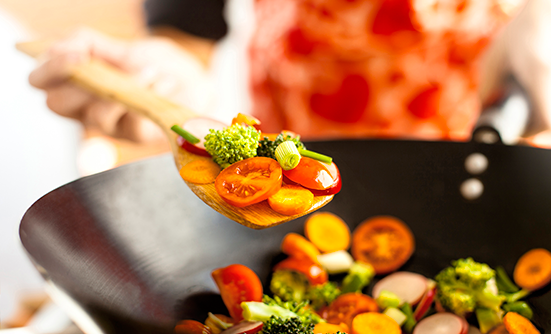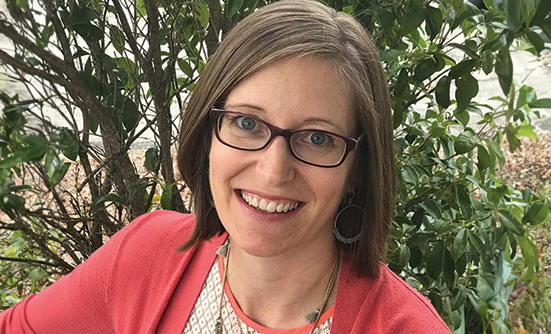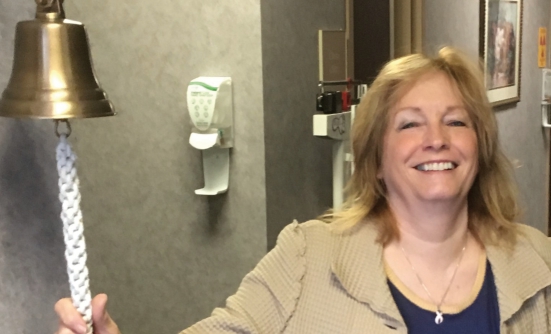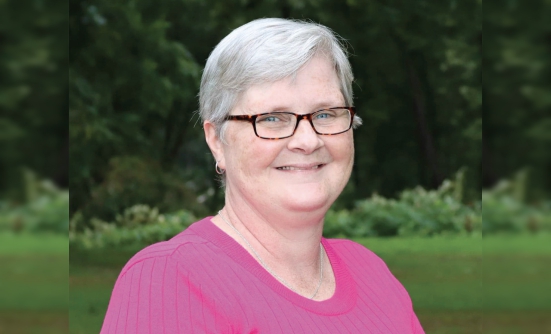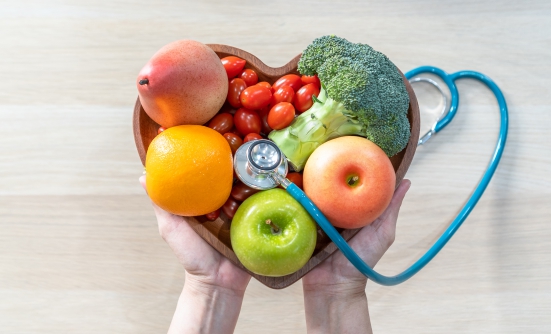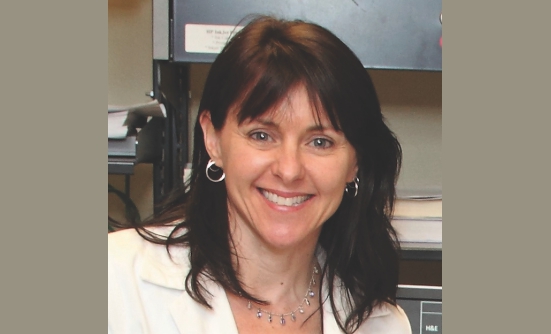Cancer survivors are often bombarded with advice on how to “eat healthy.” Whether it’s from loved ones, friends, or the media, it seems that everyone has suggestions. In my book, What Helped Get Me Through, Beth, a breast cancer survivor, summed it up nicely when she said, “I wish doctors provided more consistent information on the value of nutrition...it requires extra effort and personal research to investigate and evaluate.”
As I went through cancer treatment, I found myself thinking about food a lot more than usual. I wanted to eat a healthy diet and make some changes, but I didn’t want to be obsessed with my diet. In the same book, I included a chapter called “How I Changed My Diet,” which is based on my survey of cancer survivors about what dietary changes they made.
One man diagnosed with lymphoma reported that he ate everything and started gaining weight, and then decided that wasn’t a very good plan. He began to focus on a healthy diet and went back to what he called his “fighting weight.”
A breast cancer survivor said that she added blueberries and broccoli to her diet. One woman reported that she gave up McDonald’s, and another person said she gave up alcohol. Several people said they were thinking about making changes but had no specific plans on what to change.
Getting Started
If you are overwhelmed and looking for a place to start, these fast tips may be helpful:
- Eat plenty of vegetables—they tend to fill you up, and your diet becomes much healthier very quickly. The more colorful your plate is, the better!
- Focus on foods that have fewer ingredients, such as carrots, or eating nutritious protein sources, such as fish, low-fat cheese, beans, or nuts. Foods that have many ingredients tend to have more fat and preservatives, and other things that may not be so good for you
- Shop the periphery of the grocery store—this is where much of the really healthy food is placed
Common Questions
In my new book, Before and After Cancer Treatment: Heal Faster, Better, Stronger, I tackle a lot of the common questions that people have about eating well. For example:
- Should I eat organic food? Yes, if possible, but it’s better to eat fruits and vegetables no matter what—meaning that if organic ones aren’t available, still eat plenty of vegetables and some fruit as well.
- Can food help me to fight fatigue? Yes, and changing your habits might be a good idea. For instance, perhaps before you were diagnosed with cancer, you would get up in the morning and have a large cup of coffee and not eat right away. Coffee might make you feel more alert for a period of time, but isn’t the ideal way to support your body nutritionally in the morning. Aim to eat a nutrition-packed breakfast that has some protein.
- Is alcohol good for cancer? No, alcohol is actually bad for cancer. The things that you might have read about red wine or other alcohol having positive effects on health may be true for heart disease (there is much disagreement about this in the medical literature), but these are not true for cancer. Doctors and scientists agree that alcohol causes many types of cancer and isn’t helpful for someone who has been diagnosed with cancer and is trying to heal. Therefore, limiting your alcohol intake or avoiding alcohol altogether is a good idea.
Ask Your Care Team
If you want more information, it’s always a good idea to talk to your doctor. Oncologists and primary care physicians are usually well informed about dietary issues, especially as they pertain to a patient with cancer. They may be focusing less on nutrition than you’d like, because they are busy treating cancer, treatment side effects, and other medical problems.
If you have specific questions or need a nutritional evaluation, there may be a dietitian or nutritionist on the oncology team who is available for a consultation.
At many hospitals and cancer centers, there is a “resource room” with books and pamphlets covering many topics. Your nurse or patient navigator is also a terrific resource for additional information or materials on nutrition. If you can make even one small change that improves your diet, that is a very positive and empowering thing to do, and will help you physically as well as emotionally.





